Social Anxiety Disorder: Understanding and Overcoming Social Fears 🤕
Struggling with social anxiety? Learn the symptoms, causes, real-life experiences, and effective treatments — including CBT, exposure therapy, and self-help strategies — to reclaim your confidence.
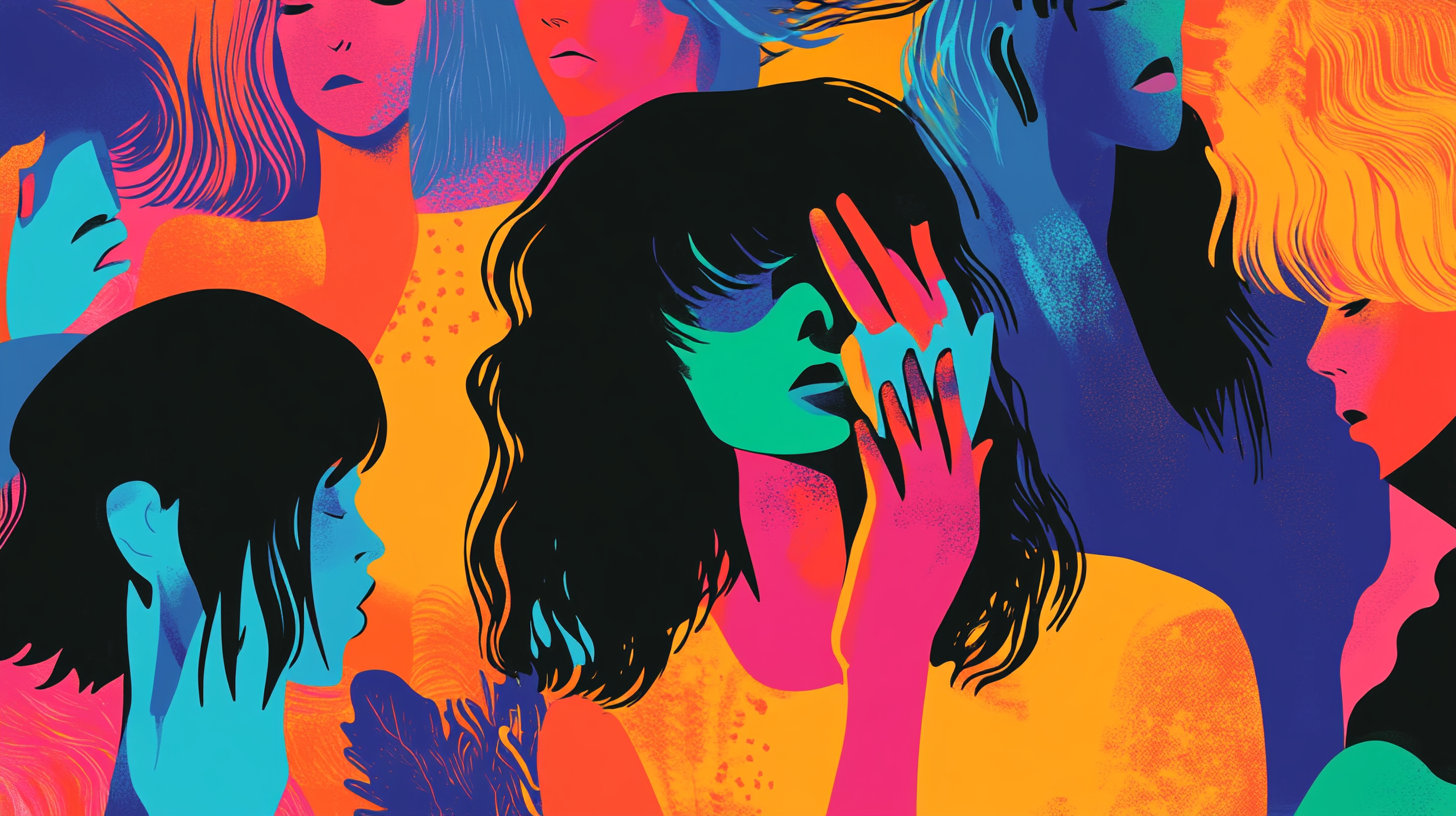
Some people call it shyness. Others call it introversion. But when the thought of simply saying "hi" feels like crossing a battlefield, when every heartbeat in your ears sounds louder than your voice, it might be something deeper: Social Anxiety Disorder.
Social anxiety isn't about being quiet or preferring small groups. It's a real mental health condition, and for those who live with it, even everyday interactions can feel terrifying. In this guide, we'll break down what social anxiety is, how it differs from shyness or introversion, and what proven strategies exist for overcoming social fears.
Symptoms and Scenarios: When Normal Nervousness Becomes Something More 😔
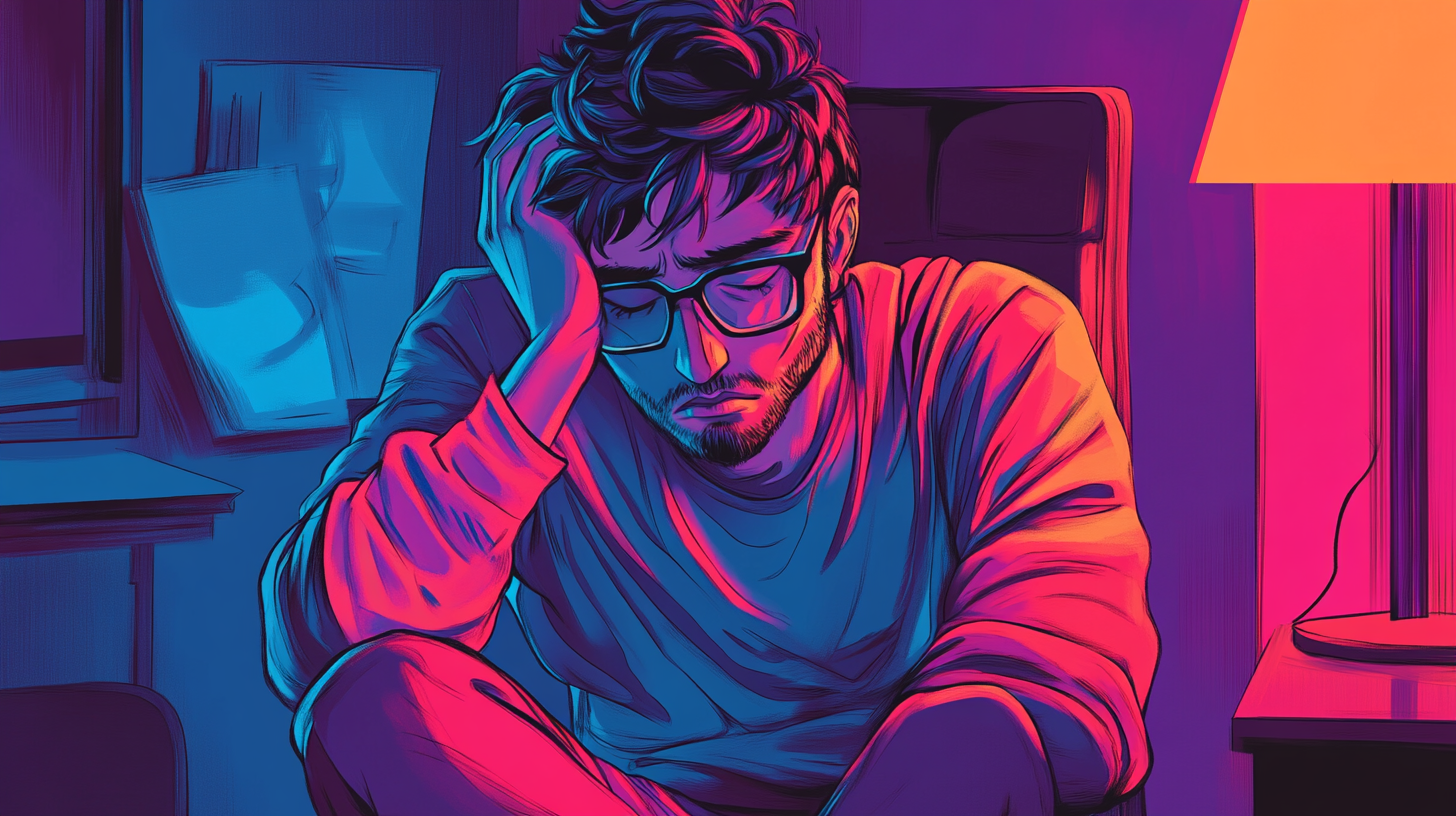
Everyone gets nervous sometimes: a job interview, a first date, a big presentation. But social anxiety goes beyond situational jitters. It's a pervasive fear of being judged, embarrassed, or humiliated in everyday social situations.
Common symptoms include:
- Intense fear of talking to strangers
- Worrying for days or weeks before a social event
- Avoiding eye contact, conversations, or being the center of attention
- Physical symptoms: blushing, sweating, trembling, nausea, rapid heartbeat
- Difficulty speaking, often feeling like your mind "goes blank"
Real-life scenarios where social anxiety often surfaces:
- Attending parties
- Making small talk at work
- Speaking up in class
- Eating in public
- Using public restrooms (known as "paruresis")
At its worst, social anxiety can shrink someone's world to the size of their own living room.
How Social Anxiety Differs from Introversion 🤔
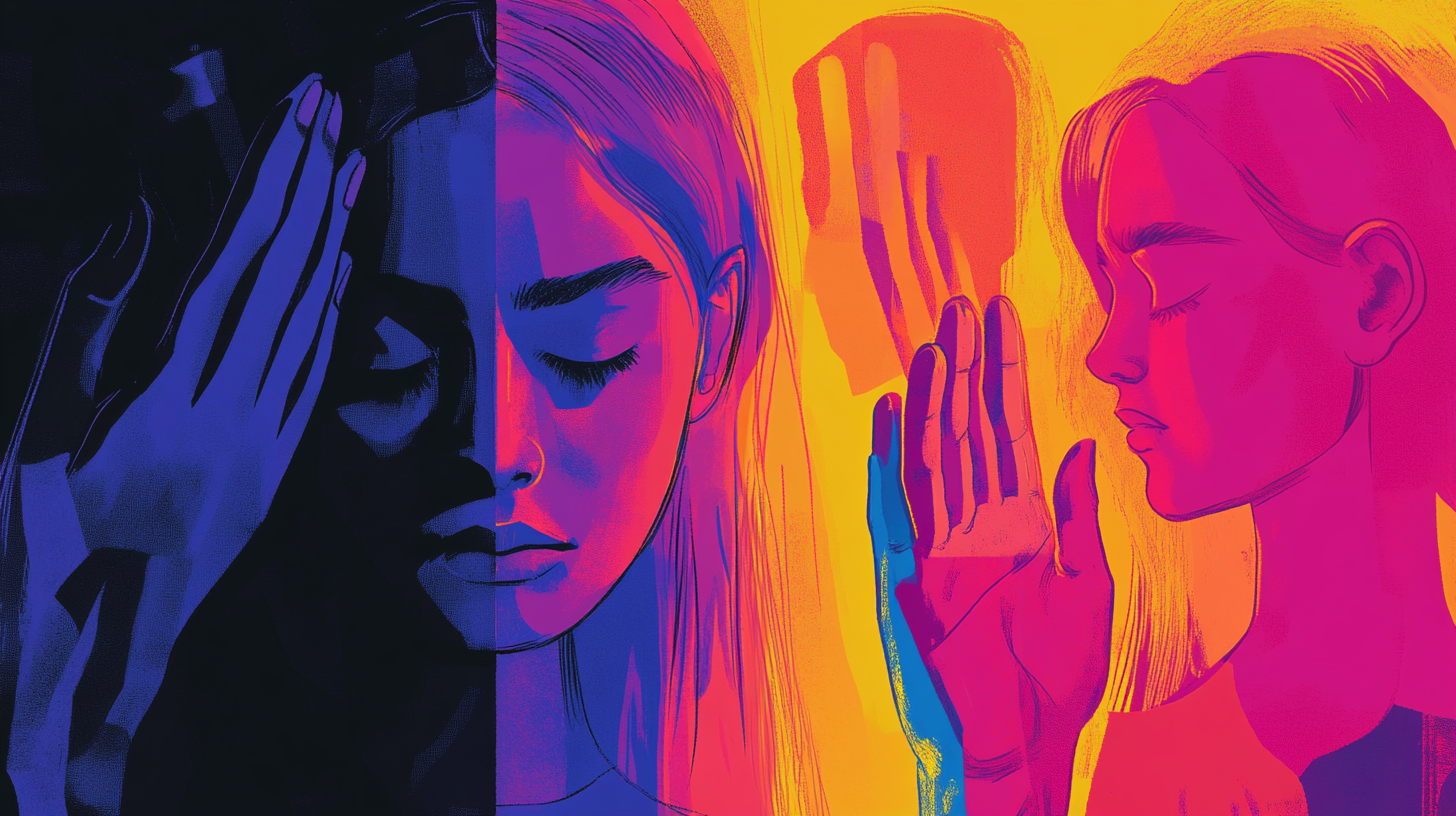
It’s a common misconception that introverts must have social anxiety. In reality, introversion is a personality trait; a preference for calm, low-stimulation environments. Introverts choose solitude to recharge.
Social anxiety, on the other hand, is driven by fear. People with social anxiety may want to connect but feel paralyzed by fear of judgment or rejection. The avoidance isn't about preference; it's about survival.
Learn more about the difference here.
Root Causes: Why Social Anxiety Develops 🥺

Social anxiety isn't caused by one single thing. Like a complicated recipe, it often involves a mix of ingredients:
- Genetics: Studies show social anxiety can run in families.
- Brain Structure: The amygdala, the brain's "fear center," may be hyperactive in those with social anxiety.
- Trauma or Negative Experiences: Bullying, public humiliation, or critical parenting styles can leave lasting marks.
- Learned Behavior: Growing up around anxious role models can subtly teach children that the world is a threatening place.
It’s rarely a single moment but rather an accumulation of experiences that shape the brain's wiring around social interactions.
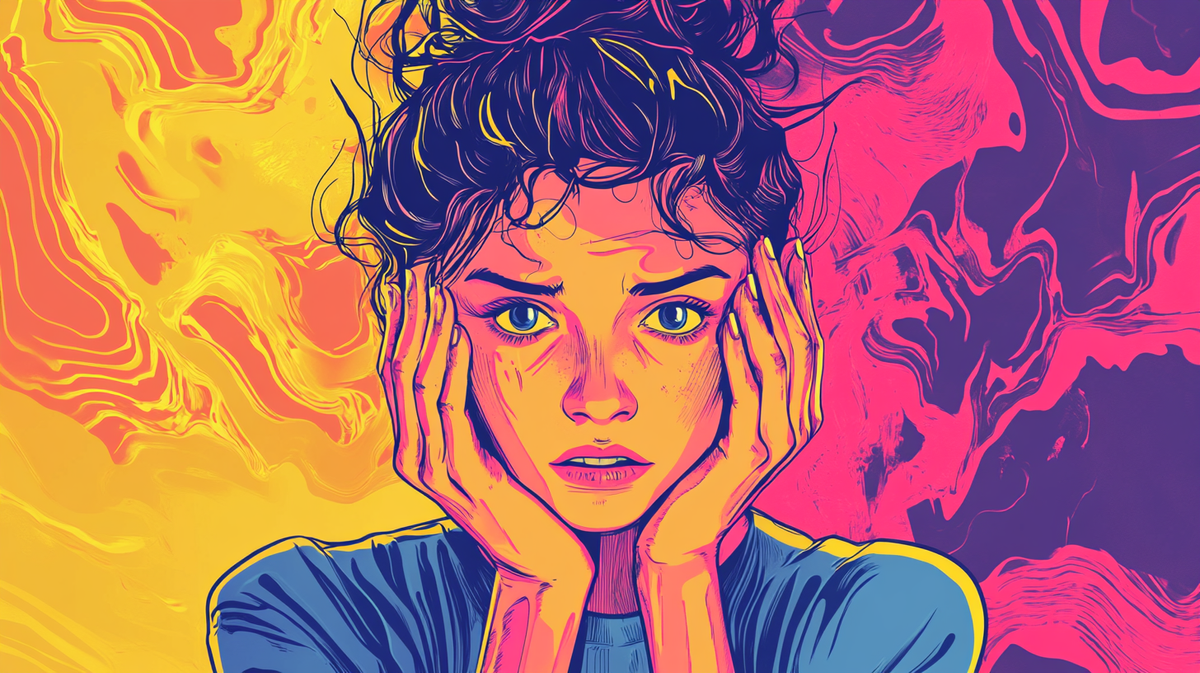
Real-Life Stories: What It Feels Like ❤️🔥
Imagine this: You're at a friend’s birthday party. Your palms are sweating before you even walk in. You rehearse what to say 10 times in your head before approaching someone. When you finally do, your voice cracks. You catch a glimpse of someone laughing nearby and immediately think, "They're laughing at me."
You leave early, heart pounding, replaying every moment in your mind, cataloging your perceived "failures." That night, instead of sleeping, you dissect every glance, every word.
This is the exhausting, invisible reality of living with social anxiety.
Evidence-Based Treatments: Paths to Healing 🫶

The good news? Social anxiety is one of the most treatable mental health conditions. Recovery is not about becoming the life of the party; it’s about reclaiming your right to show up as you are.
Cognitive Behavioral Therapy (CBT) 📚
CBT is the gold standard for social anxiety treatment. It focuses on identifying and challenging the irrational beliefs that fuel fear. Techniques like "cognitive restructuring" help reframe negative self-talk, while "behavioral experiments" allow for real-world practice.
Exposure Therapy 🫨
Exposure therapy, often used within CBT, involves gradually facing feared situations in a controlled way. Starting with small challenges (like making brief eye contact) and working up to more daunting ones (like attending a networking event) can desensitize the brain’s panic response.
Learn more about exposure therapy here.
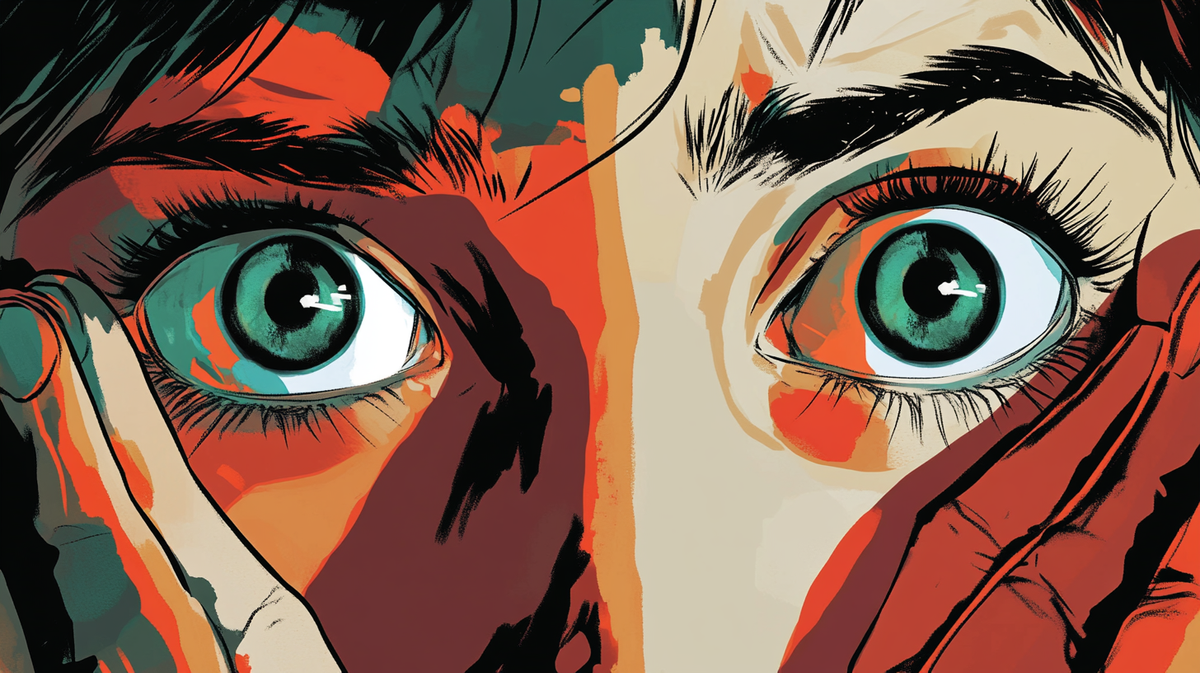
Medication 💊
In some cases, medication can be a helpful bridge.
- SSRIs (Selective Serotonin Reuptake Inhibitors): Medications like sertraline (Zoloft) and paroxetine (Paxil) are commonly prescribed.
- Beta Blockers: Often used for "performance anxiety," beta blockers like propranolol help control physical symptoms like rapid heartbeat and trembling.
Medication is not a "cure," but it can make therapy more effective by reducing symptoms enough to engage more fully.
Self-Help Techniques: Building Confidence Brick by Brick 🏗

Healing social anxiety doesn't just happen in a therapist’s office. There are empowering techniques you can use daily:
Gradual Exposure 🤏
Start with tiny steps: make brief eye contact with a cashier, ask a stranger for the time, join a small group activity. These "confidence reps" build resilience over time.
Reframing Negative Thoughts 🧑🎨
Notice when your brain says, "Everyone is judging me," and challenge it: "I can't read minds. Most people are too focused on themselves to notice."
Journaling and cognitive restructuring exercises can make this process easier.
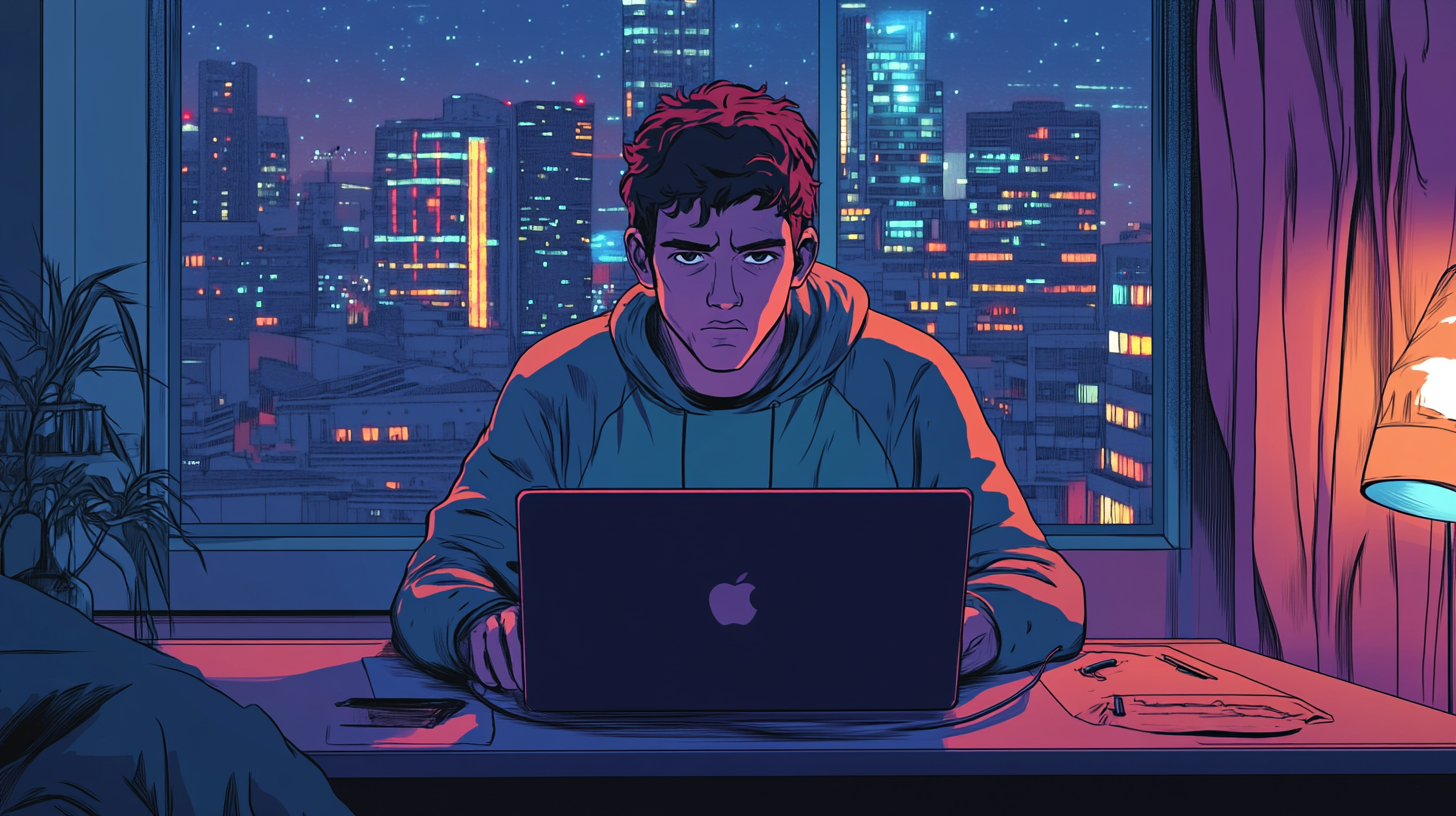
Building Confidence Over Time 📈
Confidence isn’t a lightning strike; it’s a slow build. Celebrate small wins. Track progress. Remember that feeling fear doesn't mean you’re failing, it means you're growing.
Consider practices like:
- Role-playing social scenarios with a trusted friend
- Public speaking groups like Toastmasters
- Social skills workshops or meetup groups for anxiety support
Encouragement: You Are Not Alone 👨👩👦👦
If you live with social anxiety, it can feel like you’re on the outside of life, looking in. But the truth is, you are part of a much larger, vibrant community of people learning how to reclaim their voices.
Healing isn’t about becoming fearless. It’s about building a life where fear doesn’t make your choices for you.
Even if the first steps feel awkward, even if your hands shake and your voice trembles, every effort you make is a triumph.
You’re doing brave work. You’re learning to be seen. And that’s something worth celebrating.
Resources and Support
- Anxiety and Depression Association of America (ADAA)
- National Institute of Mental Health - Social Anxiety Disorder
- Social Anxiety Support Community
- Psychology Today - Find a Therapist
Further Reading
- Healthline - Introvert vs. Social Anxiety
- NCBI - Genetic Studies of Social Anxiety
- APA - Cognitive Behavioral Therapy
- National Institute of Mental Health - Exposure Therapy
- Mayo Clinic - Sertraline
- Positive Psychology - Cognitive Distortions
- Toastmasters International




